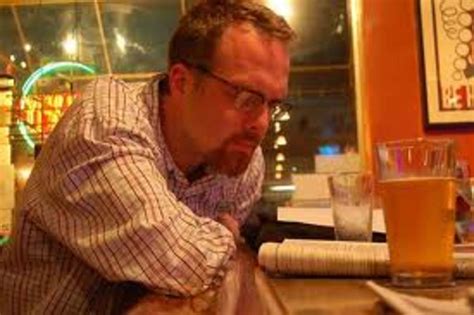A Quote by Conrad Aiken
I really don't know enough about the structure of fiction.
Related Quotes
I think, about the distinction between fiction and nonfiction. Fiction is not really about anything: it is what it is. But nonfiction - and you see this particularly with something like the BBC Samuel Johnson Prize for Non-Fiction - nonfiction we define in relation to what it's about. So, Stalingrad by Antony Beevor. It's "about" Stalingrad. Or, here's a book by Claire Tomalin: it's "about" Charles Dickens.
Now I know that if I'm in a fight or a big argument with executives or the studio or whoever, and it's getting to a point where it's starting to get bad, I don't have to have the fear of, "Am I strong enough to see this through? Would I really make a stand here? Would I really quit over this issue?" And I know in my heart that there is a place where I would walk away. I don't have to make it about my ego. I don't have to make it about whether I'm being strong enough or tough enough.
All fiction, if it's successful, is going to appeal to the emotions. Emotion is really what fiction is all about. That's not to say fiction can't be thoughtful, or present some interesting or provocative ideas to make us think. But if you want to present an intellectual argument, nonfiction is a better tool. You can drive a nail with a shoe but a hammer is a better tool for that. But fiction is about emotional resonance, about making us feel things on a primal and visceral level.
As you may know, my motto is: "All memory is fiction." It could just as easily be: "All fiction is memory." Unpacked, these two statements defy the ease of logic, but offer some really important truths about narrative art, at the very least, and about memory. So I would say that all art is personal.
I think photography is so hard. To be working in video and photography the past 20 years - because I was doing it in high school - you're dealing with mediums that change culture. The way they are distributed, disseminated - it's changed so dramatically. One of the things I always like to do is look at the structure of something and detach myself from the structure and figure out how to slightly alter it. So if the structure itself is constantly liquidated, it just really is difficult for me to really even know what to think of Instagram.



































